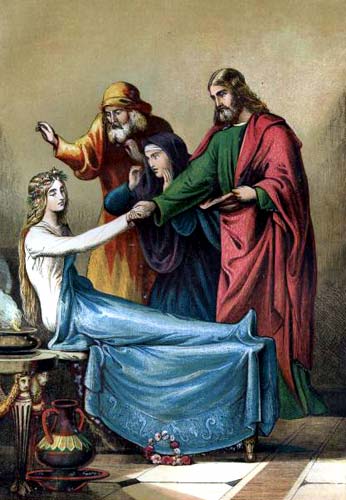 Sunday October 17th is The Twenty Ninth Sunday in Ordinary Time
Sunday October 17th is The Twenty Ninth Sunday in Ordinary Time
October 17 2010 – (10/17/2010) – Readings
Ex 17:8-13
Ps 121:1-2, 3-4, 5-6, 7-8
2 Tm 3:14-4:2
Lk 18:1-8
Spirit and song podcast – www.spiritandsong.com/podcasts
LifeTeen Sunday Sunday Sunday podcast
Listen to the Readings
Persistence in prayer
Remaining faithful and never give up
Be competently equipped and trained in righteousness
and proclaim the word. Be persistent whether it is convenient or inconvenient.
Convince, reprimand, encourage through all patience and teaching.
First Reading
Ex 17:8-13
Even though he got tired, Moses kept his hands raised during the war between Irsael and Amalek. Aaron and Hur supported his hands.
In those days, Amalek came and waged war against Israel.
Moses, therefore, said to Joshua,
“Pick out certain men,
and tomorrow go out and engage Amalek in battle.
I will be standing on top of the hill
with the staff of God in my hand.”
So Joshua did as Moses told him:
he engaged Amalek in battle
after Moses had climbed to the top of the hill with Aaron and Hur.
As long as Moses kept his hands raised up,
Israel had the better of the fight,
but when he let his hands rest,
Amalek had the better of the fight.
Moses’ hands, however, grew tired;
so they put a rock in place for him to sit on.
Meanwhile Aaron and Hur supported his hands,
one on one side and one on the other,
 so that his hands remained steady till sunset.
so that his hands remained steady till sunset.
And Joshua mowed down Amalek and his people
with the edge of the sword.
Responsorial Psalm
Ps 121:1-2, 3-4, 5-6, 7-8
The Lord will guard us from all evil and he never sleeps
Our help is from the Lord, who made heaven and earth.
Second Reading
2 Tm 3:14-4:2
Remain faithful and proclaim the word whether it be convenient or not. Be trained in righteousness to be competently equipped for every good work.
Beloved:
Remain faithful to what you have learned and believed,
because you know from whom you learned it,
and that from infancy you have known the sacred Scriptures,
which are capable of giving you wisdom for salvation
through faith in Christ Jesus.
All Scripture is inspired by God
and is useful for teaching, for refutation, for correction,
and for training in righteousness,
so that one who belongs to God may be competent,
equipped for every good work.I charge you in the presence of God and of Christ Jesus,
who will judge the living and the dead,
and by his appearing and his kingly power:
proclaim the word;
be persistent whether it is convenient or inconvenient;
convince, reprimand, encourage through all patience and teaching.
Gospel
Lk 18:1-8




 June 28, 2009 – (6/28/2009)
June 28, 2009 – (6/28/2009)
You must be logged in to post a comment.